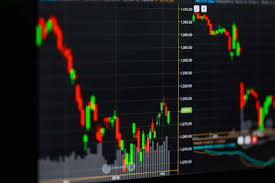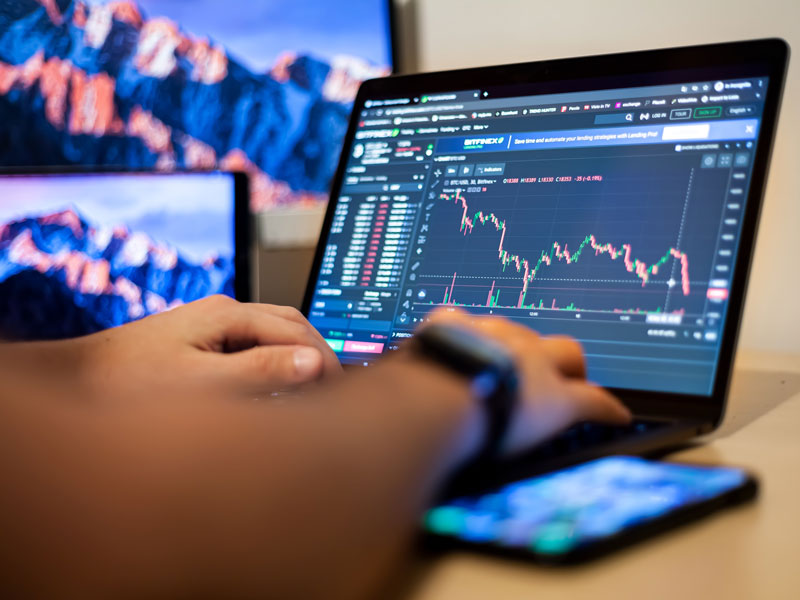
Understanding Leverage in Forex Trading
Leverage is a fundamental concept in Forex trading, allowing traders to control larger positions with a relatively small amount of capital. With the right use of leverage, traders can significantly amplify their profits. However, it also increases potential losses. Hence, understanding leverage is essential for anyone looking to trade in the Forex market. For those interested in the best trading experiences, check out forex trading what is leverage Trading Brokers in Bangladesh.
What is Leverage?
Leverage in Forex trading refers to the ability to control a larger position than your actual investment. It is expressed as a ratio, such as 100:1 or 200:1. This means that for every dollar you have in your trading account, you can trade up to 100 or 200 dollars in the Forex market. Therefore, leverage allows traders to magnify their trading power, making it possible to earn higher returns on investments. However, this comes with increased risk—every price movement affects your total account more significantly.
How Leverage Works in Forex Trading
Leverage works by allowing traders to borrow funds from a broker to enter into larger positions. For example, if you decide to trade 1 standard lot (100,000 units of currency) and your broker offers you 100:1 leverage, you would need only $1,000 in your margin account to open that position. The rest is essentially borrowed from your broker.
Example of Leverage in Action
Imagine you have a trading account with $1,000 and you’re using 100:1 leverage. With this arrangement, you can control a position worth $100,000. If the trade goes in your favor and the currency pair increases by just 1%, you would make a profit of $1,000. This means you have doubled your initial investment. However, if the trade goes against you by 1%, you would lose $1,000, which would wipe out your entire account balance.
Advantages of Using Leverage
There are several advantages to using leverage in Forex trading. Some of the main benefits include:

- Increased Trading Power: Leverage allows you to open larger positions, which can lead to higher profits from small market movements.
- Capital Efficiency: You can control significant positions without needing a large amount of capital upfront.
- Diversification: With the ability to trade multiple pairs and strategies simultaneously, leverage allows for risk diversification.
Risks Associated with Leverage
While leverage can amplify profits, it also increases the risk of losses. Some of the risks include:
- Magnified Losses: Just as profits can be magnified, losses can also increase rapidly, resulting in significant financial setbacks.
- Margin Calls: If the market moves against your position, your broker may issue a margin call, requiring you to deposit more funds or close your positions at a loss.
- Psychological Pressure: The potential for large gains or losses can lead to emotional trading decisions.
How to Manage Leverage Effectively
Managing leverage effectively is crucial for maintaining a sustainable trading strategy. Here are some tips to consider:
- Understand Your Risk Tolerance: Decide how much risk you are willing to take on each trade and choose your leverage accordingly.
- Use Stop-Loss Orders: Implementing stop-loss orders can help limit your losses and protect your capital.
- Start Small: If you are new to Forex trading, start with lower leverage levels until you gain more experience.
- Maintain Adequate Margin: Always ensure you maintain a sufficient margin to avoid margin calls.
Conclusion
Leverage is a powerful tool in Forex trading that can enhance your trading experience, but it comes with significant risks. Understanding how to use leverage effectively can help traders maximize their profits while minimizing losses. Whether you are a seasoned trader or a beginner, it is essential to educate yourself about the potential benefits and pitfalls of leverage. By doing so, you can make informed decisions and develop a strategic approach to leveraging in your trading endeavors.
In summary, leverage in Forex trading is both a necessity for many traders and a source of risk. By balancing the benefits of increased potential profit against the risks of amplified losses, traders can navigate the Forex market more successfully. Always remember that successful Forex trading involves education, experience, and risk management.
